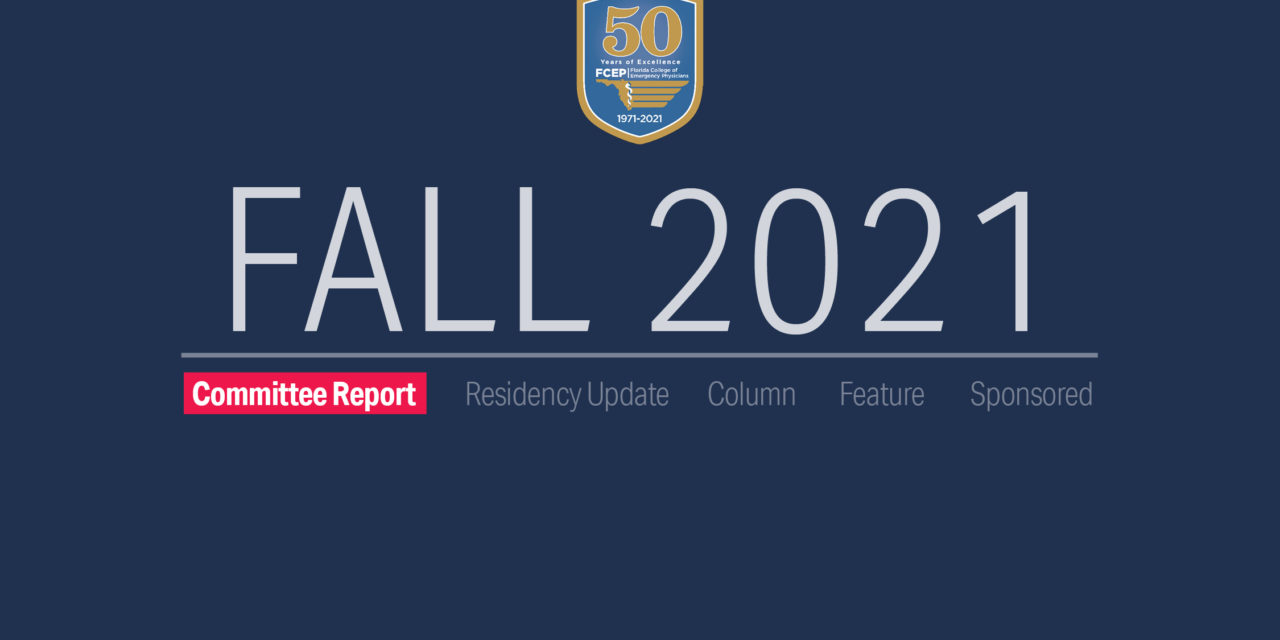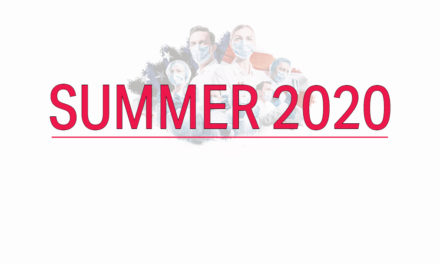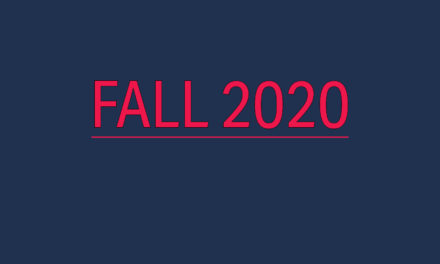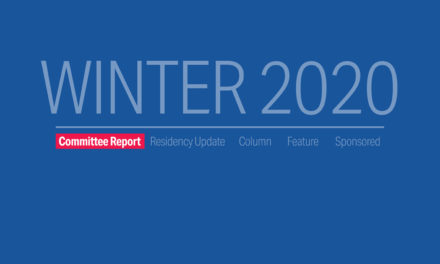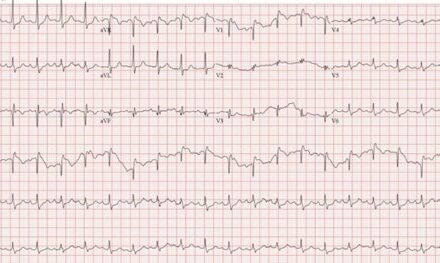Fall 2021: Medical Economics
New and evolving payor policies continue to threaten fair reimbursement for emergency physicians. Three such policies by Cigna and United Healthcare are outlined below. ACEP and FCEP are actively monitoring the reimbursement landscape and fighting inappropriate payor behavior. In order for us to maintain a robust defense, it is essential that physician groups recognize and report the details of inappropriate denials they are experiencing. It is also more important, now than ever, for physicians to understand the importance of accurately reflecting the complexity of medical decisionmaking and care provided within the chart, including the final impression. When applicable, this may involve including multiple final diagnoses.
Cigna downcoding policy
Cigna recently announced a downcoding policy that will go into effect on November 14, 2021. The policy involves down coding charts from a 99285 (level 5) or 99284 (level 4) to a 99283 (level 3) when a “single, non-complex diagnosis” is submitted. Cigna has not released a list of diagnoses that are considered “non-complex.” ACEP is aware of this policy and is working to stop its implementation, as it clearly violates the federal prudent layperson standard, which requires insurers to cover an emergency department visit based on symptoms, not final diagnosis. Similar policies have been enacted by other insurers in recent years, including Blue Cross Blue Shield, Anthem and United Healthcare.
UHC “non-emergency” denial policy
A plan by United Healthcare to implement a policy to retroactively deny emergency care facility charges was postponed indefinitely after backlash from the medical community, including a vigorous response from ACEP. The policy would have involved review of level 4 and level 5 ED claims in order to assess whether the ED visit constituted an emergency. Factors assessed would have included “the presenting complaint, the intensity of diagnostic services performed and other complicating factors.” If a claim was denied, providers would have been able to complete an attestation “if the event met the definition of an emergency consistent with prudent layperson standard.”
UHC downcoding policy
A United Healthcare policy to downcode level 4 and level 5 claims based on an algorithm was delayed in May 2020 and August 2020. The policy involves using the Optum E/M Pro tool to downcode based on final diagnosis. While there has not been a formal announcement that the policy has been enacted, there have been reports from physician groups in multiple states suggesting that it (or a similar policy) is being tested.
State IDR
Since the passage of legislation banning out of network balance billing in Florida, a few cases have been submitted to the state independent resolution process (administered by MAXIMUS). The cases were decided in the favor of emergency physicians. However, insurers are still claiming that their participation in the process is voluntary, thus limiting the usefulness of the system. ■
This article is part of the following sections:

